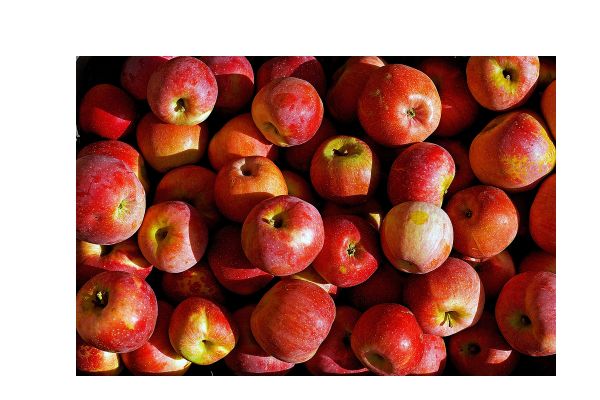
10 Food That Will Make a Baby Healthy and Chubby: Age 1-12 Months
10 Food That Will Make a Baby Healthy and Chubby: Age 1-12 Months, the first year of a baby’s life is a time of incredible growth and development, during which good nutrition plays a critical role in shaping their health and wellbeing. During this important stage, newborns require the proper food balance to sustain rapid growth, cognitive development, and immunological function. In this article, we will look at 10 nutrient-dense foods that can benefit a baby’s health and help them develop a plump, healthy physique between the ages of one and twelve months. Breast milk and iron-fortified cereals, as well as colorful fruits and vegetables, supply critical vitamins, minerals, and macronutrients while also introducing babies to a range of flavors and textures, setting the framework for healthy eating habits later in life. Parents can help their children achieve optimal growth, development, and chubby cheeks by knowing the importance of nutrition in early life and integrating these nutritious items into their baby’s diet.
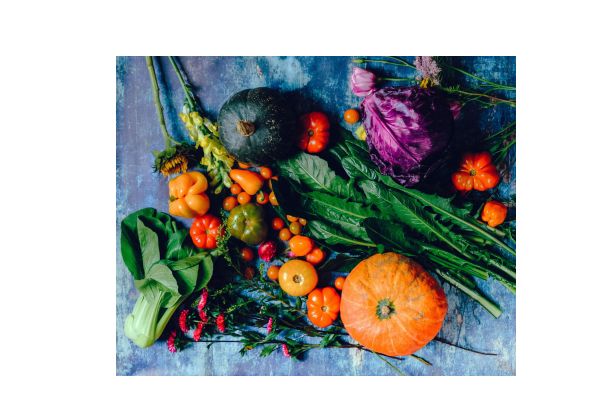
Importance of Nutrition During the First Year of Life
During the first year of life, diet is critical in molding a baby’s growth and development. This is a period of fast physical, cognitive, and emotional change, therefore it is critical to give infants with the nutrition they require for good health. Here’s why nutrition is so important at this stage:
Brain Development: During the first year of life, the brain experiences considerable growth, with rapid formation of neural connections and brain tissue. Omega-3 fatty acids, iron, zinc, and vitamin D are essential nutrients that help with cognitive growth, learning, and memory.
Immune Function: A well-nourished baby is better able to combat infections and diseases. Breast milk, in particular, contains antibodies and other immune-boosting substances that help protect children from a variety of diseases, lowering the chance of infection during this critical period.
Foundational Growth: The first year is crucial for establishing the foundations of a baby’s development. Proper nutrition ensures that infants gain the proper weight, build strong muscles and bones, and meet crucial developmental milestones on time.
Setting the Stage for Lifelong Health: Nutritional habits established during infancy can have long-term implications for health and well-being. Adequate nutrition in the first year lays the groundwork for a healthy metabolism, immune system, and overall growth trajectory, potentially reducing the risk of chronic diseases later in life.
Focus on foods that promote healthy growth and development in babies aged 1-12 months
The focus should be on feeding infants between the ages of one and twelve months nutrient-rich foods that will support their quick development and growth. During this crucial time, keep the following points in mind when choosing foods:
Breast milk or formula: Breast milk is the best source of nutrition for infants up to 6 months old, since it has the ideal balance of nutrients and antibodies to promote their growth and immune system. Commercial infant formula is designed to supply comparable nutrients to breastfed newborns and can meet a baby’s nutritional requirements.
Solid Food Introduction: Around 6 months of age, babies are normally ready to experiment with solid foods in addition to breast milk or formula. Introducing a range of nutrient-dense meals gradually helps newborns develop their palate, learn diverse tastes and textures, and develop crucial feeding skills.
Nutrient-Dense Options: Give priority to nutrient-dense foods that are high in protein, healthy fats, vitamins, and minerals when introducing solid foods. Fruits, vegetables, whole grains, fish, eggs, dairy products, and legumes are examples of foods that encourage healthy growth and development and balance the diet.
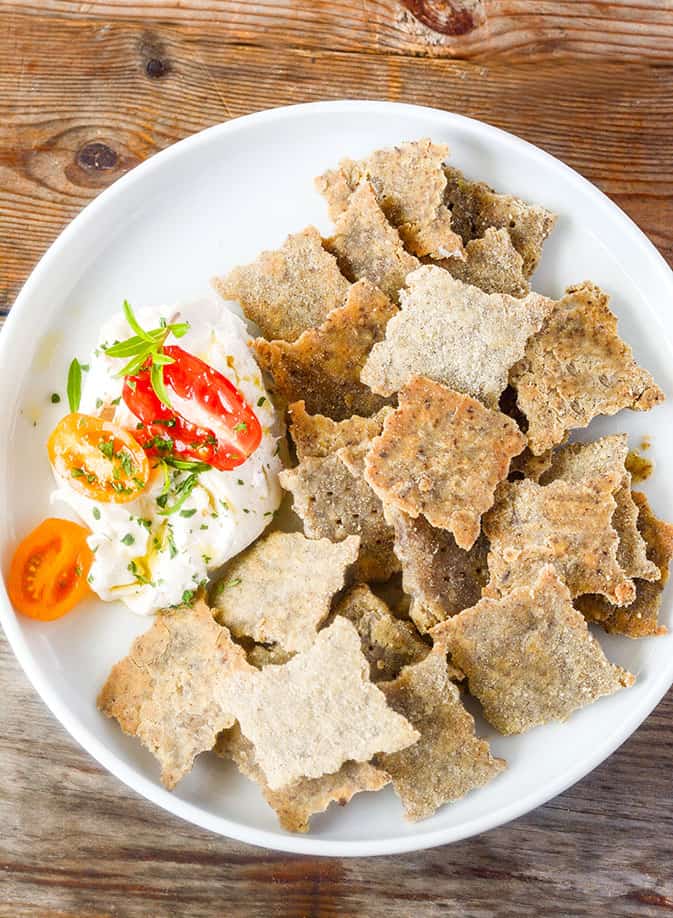
Age 1-4 months
Breast Milk or Formula as the Only Source of Nutrition: During the first four months of life, breast milk or formula is the infant’s major and full source of nutrition. Both breast milk and formula contain all of the important elements required for healthy growth and development, such as proteins, carbs, lipids, vitamins, and minerals. Breastfeeding, in particular, provides extra benefits like as antibodies that strengthen the baby’s immune system, protection against infections, and improved connection between the infant and carer. If breastfeeding is not an option, commercial infant formulae are carefully engineered to imitate the nutritional makeup of breast milk and guarantee that babies get enough nutrients during this critical period.
Introduction of Solid Foods is not Recommended at this Stage: The American Academy of Pediatrics recommends that infants be exclusively breastfed or fed formula for the first six months of life, with no additional solids or liquids. Introducing solid foods before four months of age is not suggested since an infant’s digestive system is still maturing and their kidneys are not developed enough to manage the additional load. The early introduction of solids can raise the risk of food allergies, digestive problems, and choking. As a result, before offering solid foods to the baby, wait until he or she is developmentally mature, which is usually around six months old.
Importance of Frequent Feeding to Support Rapid Growth: Frequent feeding is crucial for rapid growth in infants, who often double their birth weight by five months of age. To maintain their rapid growth, newborns require regular feedings, whether by nursing or bottle-feeding with formula. Newborns may need to be fed every 2-3 hours, including overnight, to ensure they get enough calories and nutrients to fuel their development. Frequent feeding also helps breastfeeding women establish a healthy milk supply and ensures the infant receives appropriate fluids. Responsive feeding, in which carers administer milk when the baby exhibits hunger cues, helps to address the baby’s demands while also promoting healthy weight gain and development.
Age 4-6 months (Introduction of solid foods)
Age 4-6 months marks an exciting milestone in a baby’s development as they begin their journey of transitioning from a solely milk-based diet to incorporating solid foods. During this period, it’s essential to introduce solid foods gradually and thoughtfully to ensure the baby’s safety and optimal nutrition.
The introduction of Solid Foods Begins
Around 4-6 months, babies begin to exhibit signs of preparedness for solid foods, such as being able to sit upright with minimal support and displaying an interest in watching others eat.
The initial foods presented are usually single-ingredient purees with smooth textures to make swallowing easy for the baby.
Because of their high iron content, iron-fortified infant cereals like rice or oatmeal are frequently advised as first feeding for babies.
Pureed fruits like apples, bananas, and pears, as well as pureed vegetables like sweet potatoes, carrots, and peas, are fantastic ways to introduce new flavors and nutrients.
Gradual Transition to Complementary Foods
- As solid foods are introduced, they complement rather than replace breast milk or formula, which remains the primary source of nutrition for the baby.
- It’s essential to start with small amounts of solid foods and gradually increase the frequency and variety over time as the baby becomes more accustomed to eating.
- Parents should observe the baby’s cues for hunger and fullness and adjust feeding practices accordingly, avoiding pressure to eat and allowing the baby to explore and enjoy the experience of eating.
Exploring New Flavors and Textures
Introducing new meals one at a time allows parents to watch for signs of allergies or sensitivities and choose which foods their baby prefers.
Beyond single-ingredient purees, kids can start to experience a larger range of flavors and textures, such as mashed or finely chopped fruits, vegetables, and meats.
While smooth textures are initially preferred, progressively introducing somewhat lumpier textures aids in the development of the baby’s oral motor skills and prepares them for more textured foods as they mature.
10 Food That Will Make a Baby Healthy and Chubby at 4-6 months
Iron-fortified infant cereals: Rice, oatmeal, or barley cereals are often recommended as first foods due to their smooth texture and high iron content, which is important for a baby’s development.
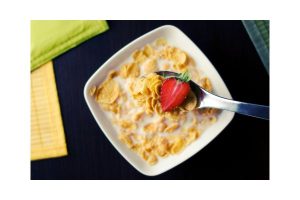
Pureed Fruits: Soft fruits like apples, bananas, pears, and avocados can be mashed or pureed to create smooth textures that are easy for babies to swallow.
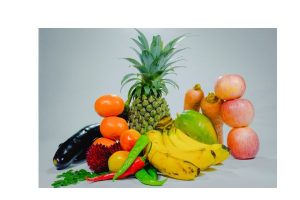
Pureed Vegetables: Vegetables such as sweet potatoes, carrots, peas, squash, and green beans can be cooked until soft and then mashed or pureed for baby food.

Single-Ingredient Purees: It’s advisable to start with single-ingredient purees to monitor for any potential allergic reactions. Once a variety of single foods has been introduced and tolerated, you can begin to mix them together for more complex flavor.
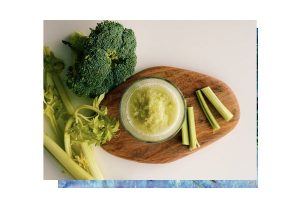
Mashed or Pureed Meats: Cooked and finely mashed or pureed meats like chicken, turkey, or beef are excellent sources of protein, iron, and zinc for babies.
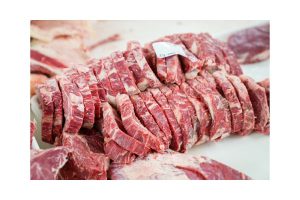
Baby Rice Crackers or Puffs: These dissolvable snacks can be introduced to encourage self-feeding and help babies practice their fine motor skills.

Baby Oatmeal: Similar to infant cereals, baby oatmeal is easy to digest and can be mixed with breast milk, formula, or water to create a smooth consistency.
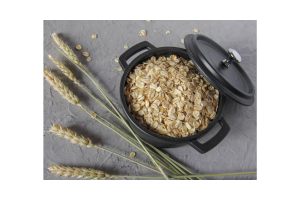
Yogurt: Plain, whole milk yogurt without added sugar can be introduced as a source of calcium and probiotics. Ensure it’s suitable for babies and doesn’t contain any artificial sweeteners or additives.
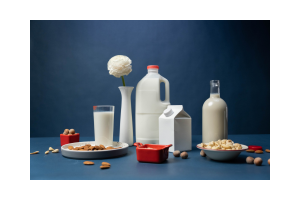
Soft-Cooked Eggs: Eggs are a good source of protein and essential nutrients like choline. Cooked until both the yolk and white are firm, mashed or finely chopped eggs can be introduced as a protein-rich food.
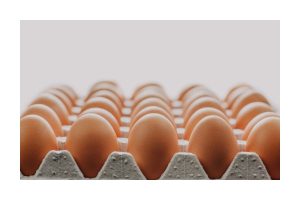
Small Amounts of Water: While breast milk or formula should still be the main source of hydration, offering small sips of water from a cup can help babies practice drinking from an open cup.

Age 6-9 months
Age 6-9 months is a critical period in a baby’s growth, particularly in terms of food. During this time, babies get more comfortable eating solid meals and are ready to try a wider range of flavours and textures. Here’s a more extensive description of this stage.
Introduction of Mashed or Finely Chopped Soft Foods
- As babies grow older and become more accustomed to eating solid foods, their diet can be expanded to include mashed or finely chopped soft foods.
- These foods help babies transition to more textured foods while still being easy to chew and swallow.
10 Food That Will Make a Baby Healthy and Chubby at 6-9 Months
Avocado: Rich in healthy fats, avocados are creamy and easy for babies to consume. They provide essential nutrients like potassium, folate, and vitamins C, E, and K.
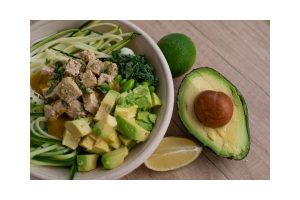
Mashed Bananas: Bananas are naturally sweet and provide a good source of carbohydrates and potassium. They are easy to mash and can be served alone or mixed with other foods.
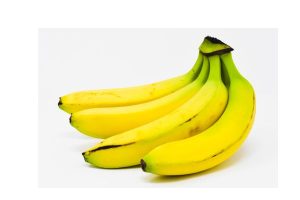
Sweet Potatoes: Sweet potatoes are rich in beta-carotene, which is converted into vitamin A in the body and essential for vision, immune function, and skin health. They are also a good source of fiber and vitamin C.
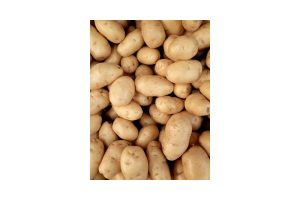
Cooked and Pureed Meats: (Chicken, Turkey): Introducing meats provides babies with important nutrients like protein, iron, and zinc, which are crucial for growth and development. Cooked and pureed meats can be easily digested by babies.

Lentils: Lentils are a great plant-based source of protein, fiber, and various vitamins and minerals. They can be cooked until soft and mashed for easy consumption by babies.
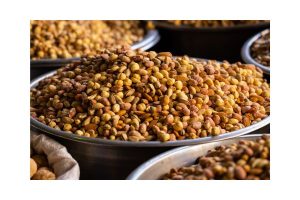
Apple sauce: Applesauce is a good source of dietary fiber and vitamin C. It’s naturally sweet and can be served alone or mixed with other fruits or grains.
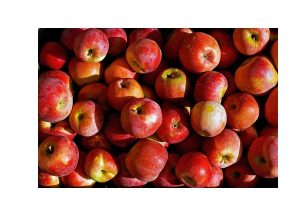
Yogurt: Plain, whole milk yogurt without added sugar is a good source of calcium and probiotics, which support digestive health. It also provides protein and essential vitamins and minerals.

Oatmeal: Oatmeal is a nutritious whole grain that provides fiber, complex carbohydrates, and essential nutrients like iron and B vitamins. It can be cooked until soft and mixed with breast milk, formula, or fruit puree.

Peas: Peas are a nutrient-dense vegetable rich in protein, fiber, and various vitamins and minerals, including vitamin K, folate, and manganese. They can be cooked until soft and mashed for babies.
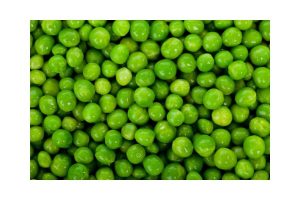
Mango: Mango is a delicious tropical fruit rich in vitamins A and C, which are important for immune function and vision. It’s naturally sweet and can be mashed or pureed for babies.

Age 9-12 months
9-12 months is an exciting era in a baby’s growth since they are still discovering new flavors, textures, and feeding experiences. During this time, newborns improve their self-feeding skills and are ready to try a larger range of foods. Here’s a more extensive explanation for this level.
Transition to More Textured and Finger Foods
Babies aged 9 to 12 months are ready to move beyond purees and try foods with different textures. This shift helps them improve their chewing, coordination, and eating independence.
Introducing foods with varying textures, such as soft, lumpy, or finely diced, exposes newborns to a larger range of sensory inputs and helps them learn to manipulate food in their mouths more effectively
Introducing Small Soft Finger Foods for Self-Feeding
Offering small, soft finger foods allows newborns to practice self-feeding while also developing crucial fine motor skills, hand-eye coordination, and independence at meals.
These foods are usually chopped into little, bite-sized pieces that newborns can pick up and handle on their own, encouraging discovery and autonomy in eating.
1. Soft Fruits (berries, peaches, mangoes)
Soft fruits, such as berries, peaches, and mangoes, are high in nutrients and antioxidants. They can be chopped into little, bite-sized pieces that newborns can handle and eat on their own.
Offering a variety of fruits exposes babies to new flavors and sensations while also delivering critical nutrients for growth and development.
2.Cooked Vegetables (Broccoli, Cauliflower, Squash)
Cooked veggies, such as broccoli, cauliflower, and squash, provide more nutrients and are easier for newborns to digest than raw vegetables. Broccoli, cauliflower, and squash can be steamed or roasted until soft, then sliced into manageable pieces for self-feeding.
Introducing veggies early and frequently encourages babies to develop a liking for nutritional foods and builds healthy eating habits for life.
3.Soft Cheese Cubes
Soft cheese cubes offer protein, calcium, and healthy fats for growing kids. Choose softer cheeses such as cheddar or mozzarella, and chop them into small, easy-to-grasp cubes.
Cheese cubes are a convenient and nutritious finger food that can be consumed as part of a healthy diet.
4.Cooked Pasta or Noodles
Cooked spaghetti or noodles provide energy and can be cooked till soft enough for toddlers to chew. Cut the pasta into little pieces or go for short, finger-friendly forms like penne or fusilli.
Pasta and noodles can be eaten simple or with a variety of sauces and toppings to create different flavours and textures.
5.Soft-Cooked Scrambled Eggs
Eggs are a good source of protein, vitamin D, and choline. Soft-cooked scrambled eggs are easy for babies to pick up and self-feed, making them a delightful and nutritious meal alternative.
Introducing eggs early in infancy allows babies to develop a taste for this diverse and nutritious meal.
During the 9-12 month period, parents should continue to provide breast milk or formula as the primary source of nutrition, gradually increasing the variety and complexity of solid foods to satisfy the baby’s changing nutritional requirements. Supervising newborns throughout mealtimes and providing a well-balanced diet rich in fruits, vegetables, grains, proteins, and dairy products ensures they obtain the nutrients they require for healthy growth and development.
Conclusion
Providing a newborn with a healthy and plump physique during the first twelve months of life necessitates careful consideration of their nutritional requirements and feeding methods. From birth to their first birthday, newborns experience rapid growth and development, making optimal nutrition critical to their general health and well-being.
During the first six months of a baby’s life, breast milk or formula is the primary source of nutrition for healthy growth and development. The introduction of solid foods around six months of age is a significant milestone, as a gradual transition to nutrient-rich foods helps meet the baby’s growing nutritional needs.
Throughout the first year, a variety of foods can benefit a baby’s health and help them develop a plump figure. Nutrient-dense foods including iron-fortified infant cereals, pureed fruits and vegetables, mashed or finely chopped meats, legumes, and soft-cooked grains provide a wide range of vitamins, minerals, proteins, and healthy fats required for growth.
As babies go from purees to more textured and finger meals, introducing a variety of flavours and textures fosters discovery while also promoting chewing skills and eating independence. Soft fruits, cooked vegetables, cheese cubes, pasta or noodles, and soft-cooked scrambled eggs are all good options for self-feeding and developing fine motor skills.